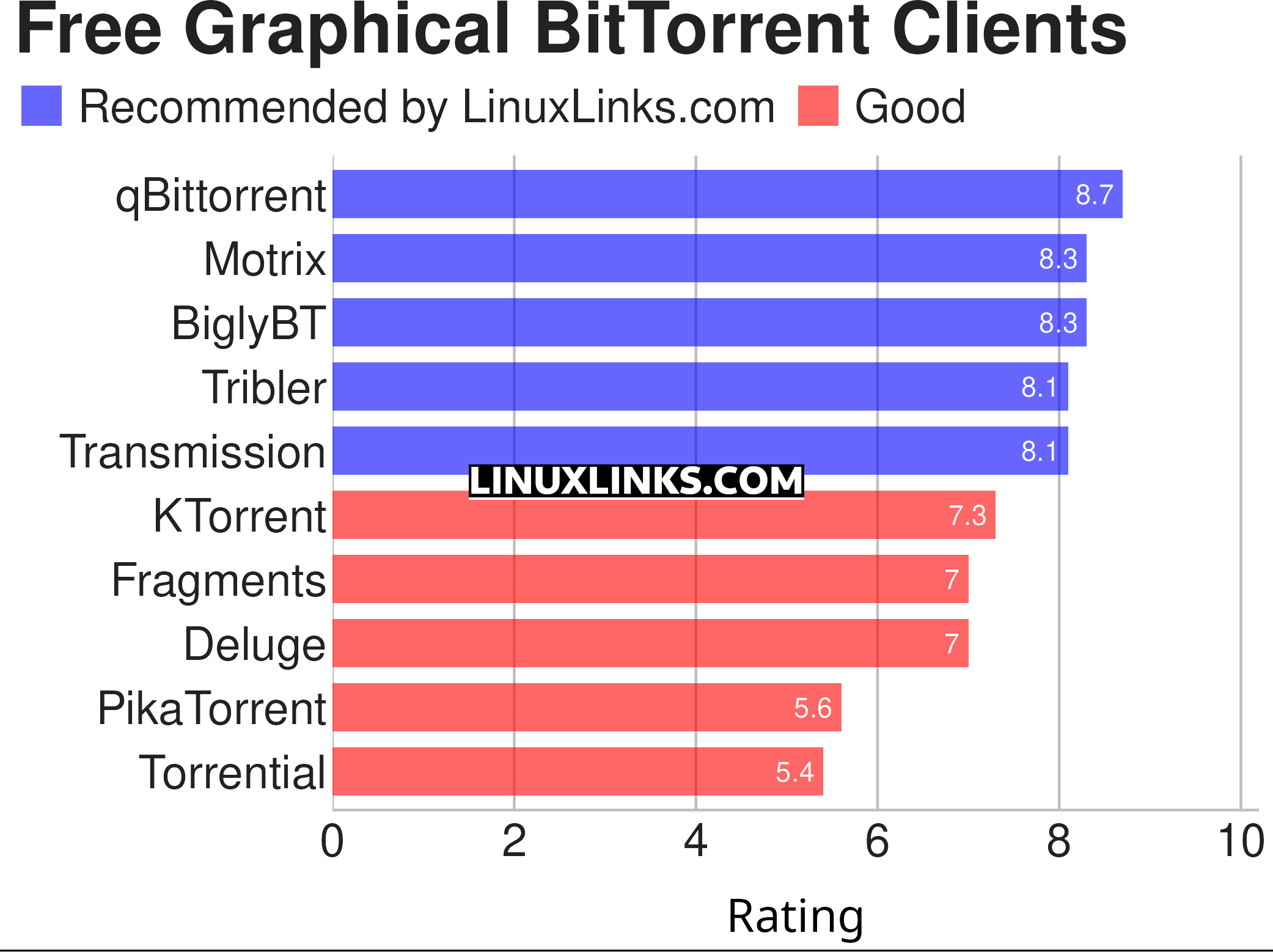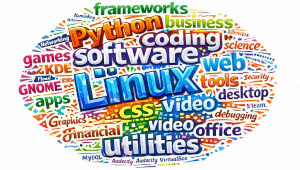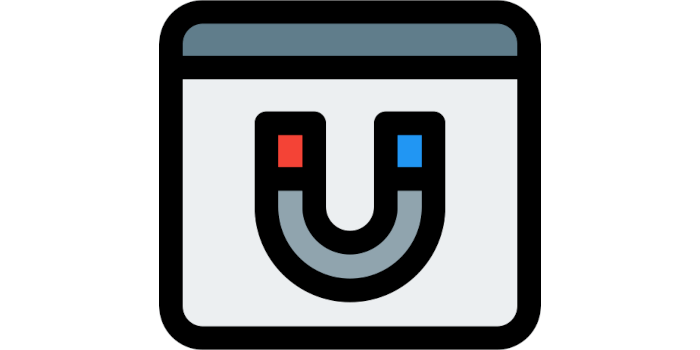BitTorrent, also referred to as simply torrent, is an internet transfer protocol for peer-to-peer file sharing (P2P). It lets users download files from the internet. Unlike HTTP and FTTP, BitTorrent is a distributed transfer protocol.
To send or receive files, users use a BitTorrent client on their Internet-connected computer, which are available for a variety of computing platforms and operating systems. The protocol finds users with files other users want and then downloads pieces of the files from those users simultaneously. Transmission rates are therefore faster than with http and ftp, which both download files sequentially from only one source.
BitTorrent is a legitimate file transfer protocol, and using it — known as torrenting — is legal as long as the content can be downloaded or uploaded legally. Accessing classic movies, B movies, indie music, books, and software in the public domain or available through Creative Commons licenses are examples of legitimate cases for using BitTorrent.
Here’s our verdict captured in a legendary LinuxLinks-style ratings chart. Only free and open source software is eligible for inclusion.

Click the links below to learn more about each tool.
| Graphical BitTorrent Clients | |
|---|---|
| qBittorrent | BitTorrent client in Qt |
| Motrix | Full-featured download manager with BitTorrent support |
| BiglyBT | Billed as a feature filled bittorrent client |
| Tribler | Includes its own Tor-like onion routing network |
| Transmission | Easy-to-use interface on top of a cross-platform backend |
| KTorrent | BitTorrent application by KDE |
| Fragments | BitTorrent client for the GNOME desktop environment |
| Deluge | Lightweight, cross-platform BitTorrent client |
| PikaTorrent | Pick a torrent, stream and download |
| Torrential | Minimalist torrent client designed for elementary OS |
This article has been revamped in line with our recent announcement.
 Read our complete collection of recommended free and open source software. Our curated compilation covers all categories of software. Read our complete collection of recommended free and open source software. Our curated compilation covers all categories of software. Spotted a useful open source Linux program not covered on our site? Please let us know by completing this form. The software collection forms part of our series of informative articles for Linux enthusiasts. There are hundreds of in-depth reviews, open source alternatives to proprietary software from large corporations like Google, Microsoft, Apple, Adobe, IBM, Cisco, Oracle, and Autodesk. There are also fun things to try, hardware, free programming books and tutorials, and much more. |


How about BiglyBT; it is written in java.
It is the successor of vuze.
Thanks
It’s already included in the article.